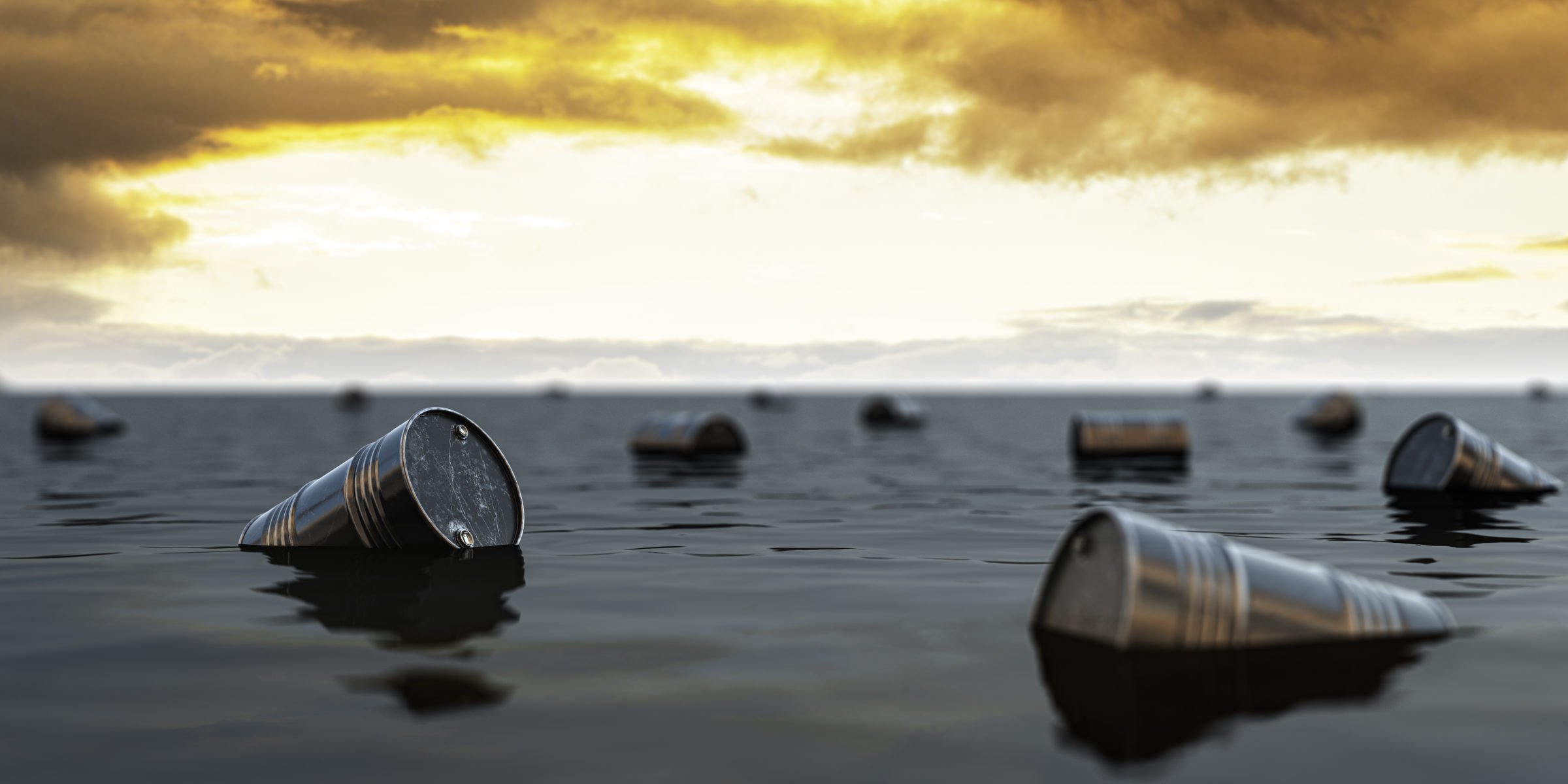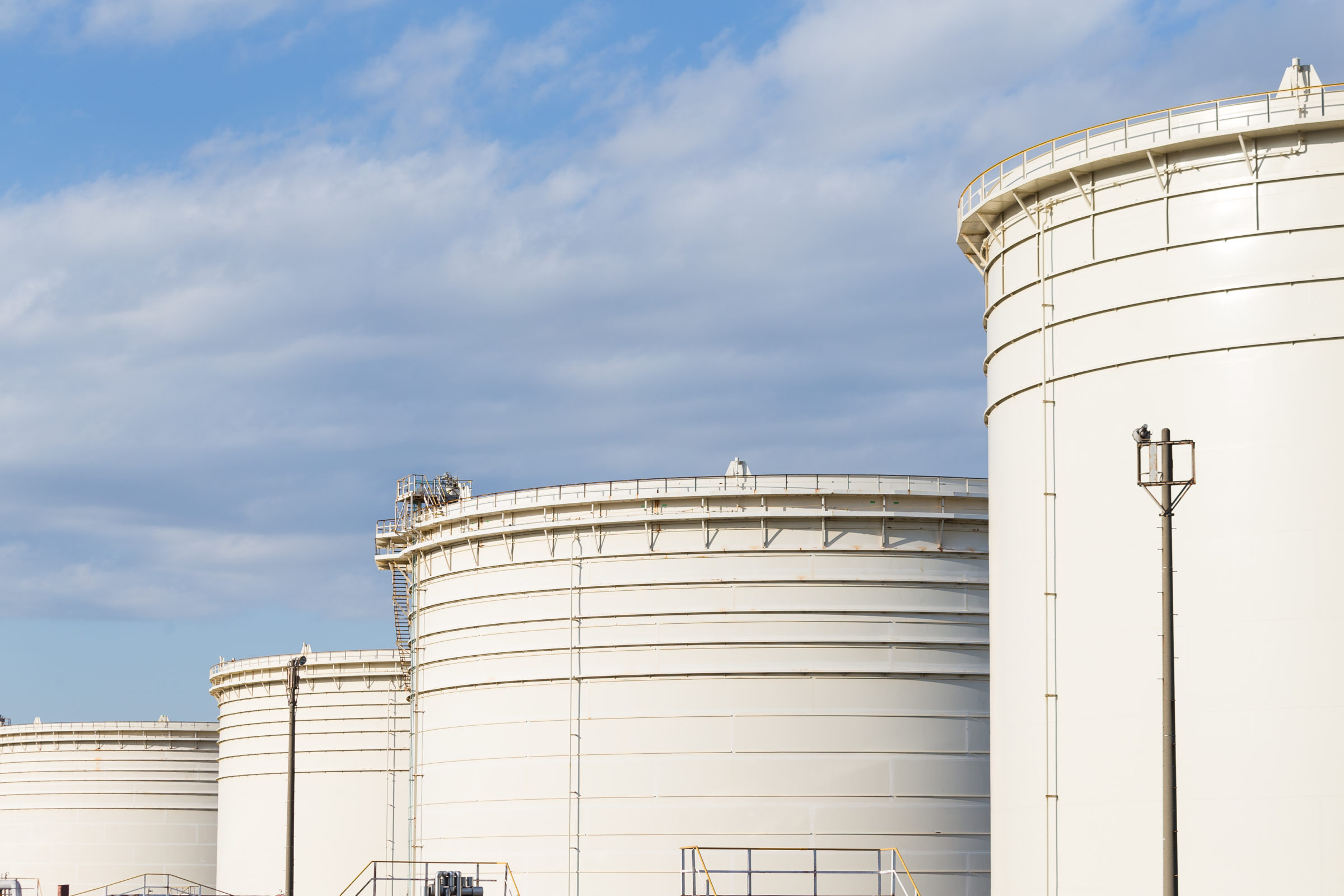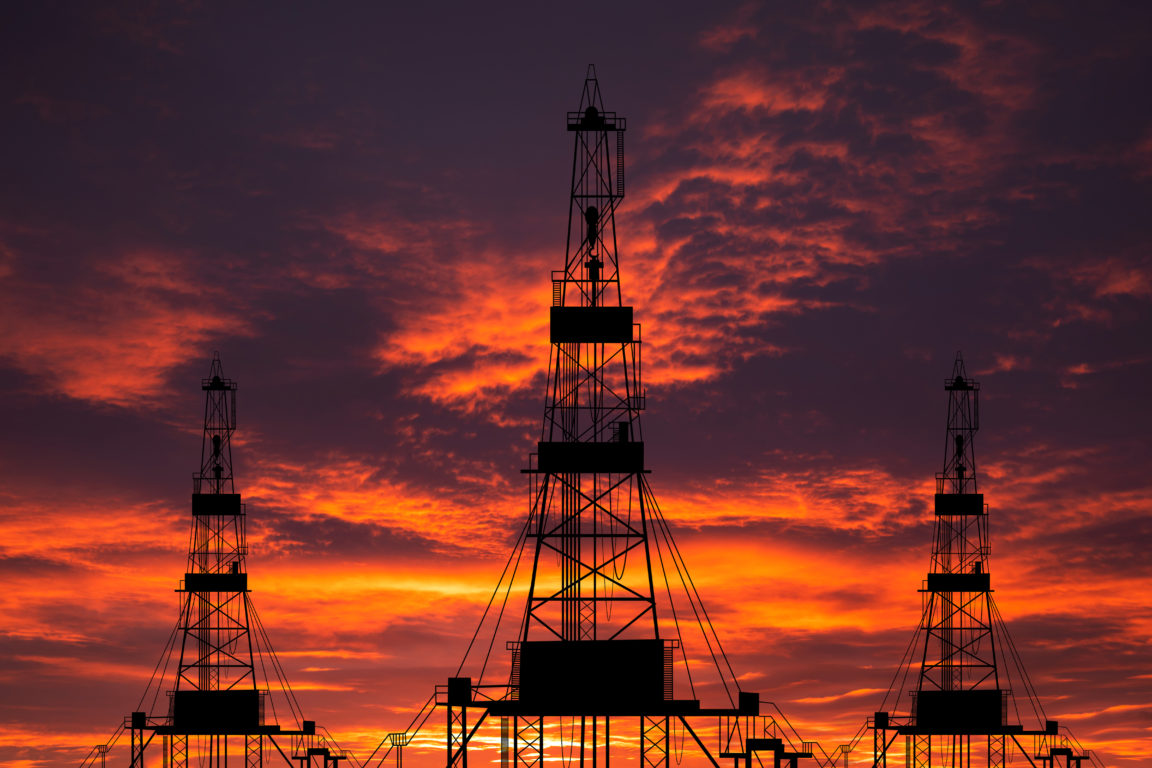We Bet You Didn’t Know These 4 Ways Oil Skimming Addresses Environmental Concerns
Let’s face it – the global warming threat is real.
Governments across the globe are enforcing industrial laws that emphasize the reduction of waste and heat generation to curb the global warming effects.
So, it shouldn’t be a surprise that industries these days are focusing more on reducing their environmental footprints and making the most of the planet’s limited resources.
Removing oil and wastewater from processes and waterways helps companies conserve water, reduce pollution and use cleaner methods.
If you’re an industrial facility in charge, you should know how oil skimming can address environmental concerns. This will help you take the necessary steps to adhere to the government’s guidelines towards less waste generation.
Have a look.
Water Conservation
Freshwater is a scarce resource and must be managed responsibly.
Although water has been abundant in the United States for many years, the U.S. Government and Accountability Office (GAO) predicts that 40 of 50 states will be facing water shortages by 2024. Oil skimming can be a way to conserve water.
Oil can be skimmed near its source, which allows for more water to be saved and reused before it is disposed into the waste stream.
Removing oil to reuse water has an economic advantage. It may reduce your water consumption and qualify you for tax incentives.

Oil Recycling
Oil can also be reused if it is removed quickly. Many industries buy used oil, including soap, biodiesel, and animal food producers. Or it can be sold to other organizations for a profit.
Reusing oil is a way to save energy and reduce waste. According to the Environmental Protection Agency (EPA), reusing oil is only one-third of the energy required to refine new crude oil into lubricant quality oils.
Only one gallon of used oil is needed to make two quarts of oil, compared to 42 gals of crude oil.
Effective Wastewater Treatment
According to federal and local guidelines, wastewater containing contaminants (oil or grease, etc.) must be cleaned up. It must be cleaned before it is returned to the municipal sewer network.
Failure to comply could result in your business losing operating permits and rights to discharge water in public water.
Oil skimming is a way for your company to meet or exceed these environmental standards. For instance, one distributor of petroleum specialty products reduced the oil content of its wastewater by around 99% after they installed oil skimmers in their plant. This helped it to meet state compliance thresholds.
Oil skimming allows your company to meet all requirements and still maintain profitable operations.

Oil Spill Readiness & Cleanup
Water pollution can harm marine ecosystems. It can put flora and fauna at risk of extinction. However, oil skimmers can be used to remove oil from industrial plants. This will prevent their wastes from ever reaching open waterways. Open water and enclosed areas of industrial plants are usually susceptible to frequent oil spillages.
The ADsorb-it® oil absorbers could be a great solution in the case of oil spillage. They can remove considerable amounts of oil quickly and efficiently. This is a significant advantage in situations where a quick response to spillage is needed.
For marine applications, Brill tube-type skimmers may be attached to water vessels. These can clean inland waters, marshes, tidelands, harbors, marinas, and other areas with low water turbulence.
Mobile extended reach systems, which can be used in other applications, will enable oil to be safely removed from the shore. These systems have a balanced boom that positions the oil skimmer over the oil. They can also be easily moved from one place to the next.
Final Word
Skimming is an efficient and green option for separating oil from water. Make sure you take the above-stated reasons in mind before drafting a plan to reduce industrial waste in your facility.





